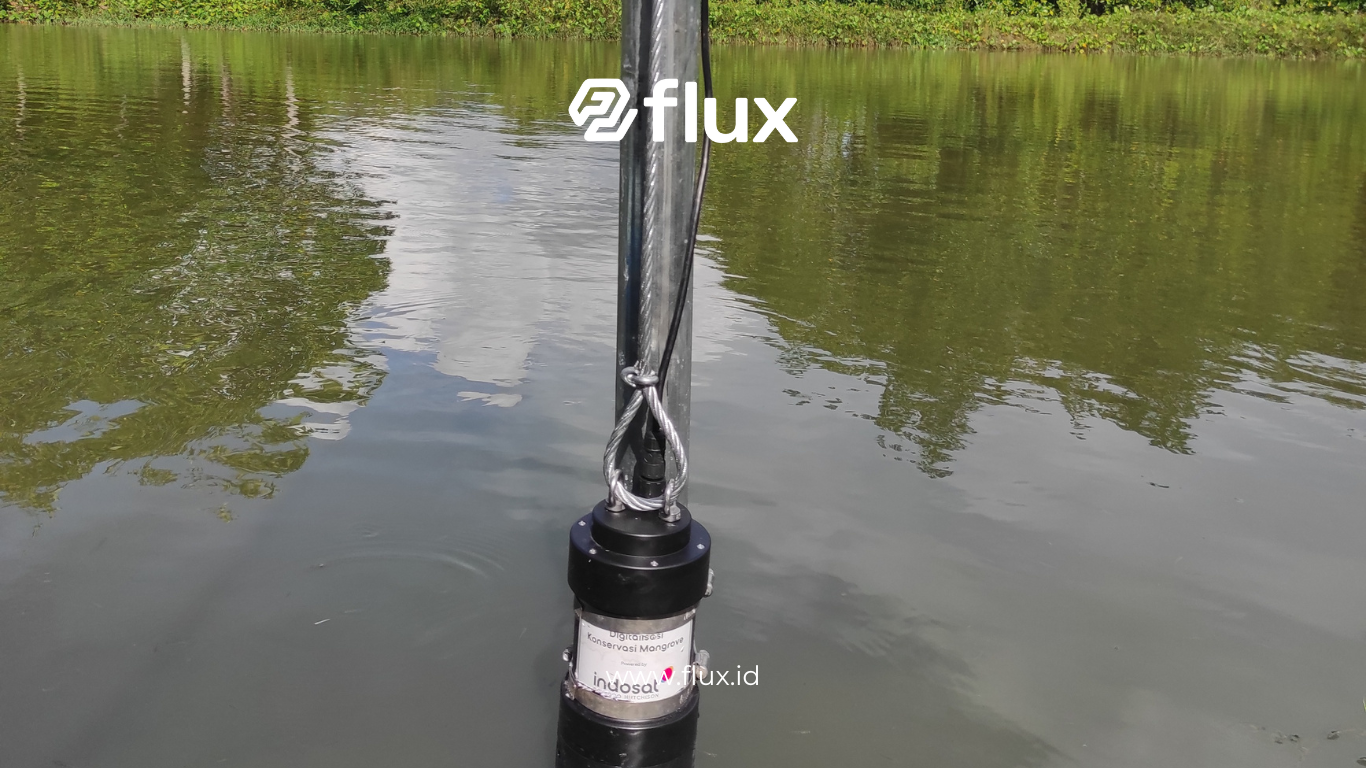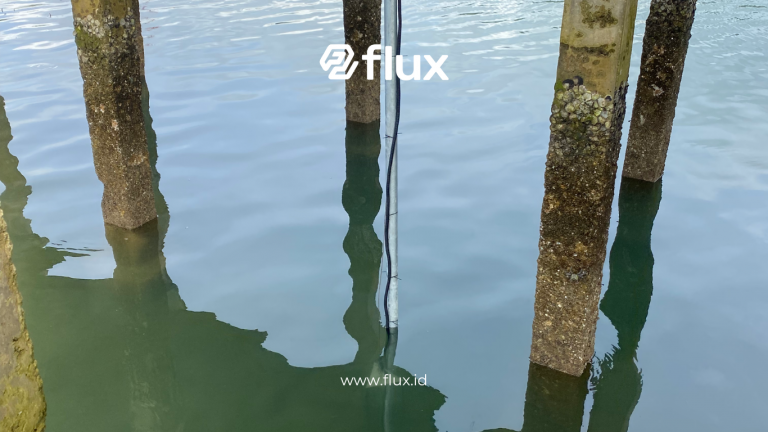Don't miss our holiday offer - 20% OFF!
Water quality management is undeniably crucial for meeting human needs, supporting agriculture and fisheries, and protecting ecosystems. As water resources face growing pressures from pollution and overuse, modern solutions are urgently needed. To address these challenges, PT Nocola IoT Solution, a pioneer in IoT-based technology, has successfully completed its Water Quality Monitoring System (WQMS) project in Aceh. This initiative represents a transformative step toward sustainable water resource management in the region.
This article delves into the significant role of WQMS in tackling water quality issues, emphasizing its advanced features and the numerous benefits it brings to Aceh’s communities and environment.
Contents
Understanding Aceh’s Challenges
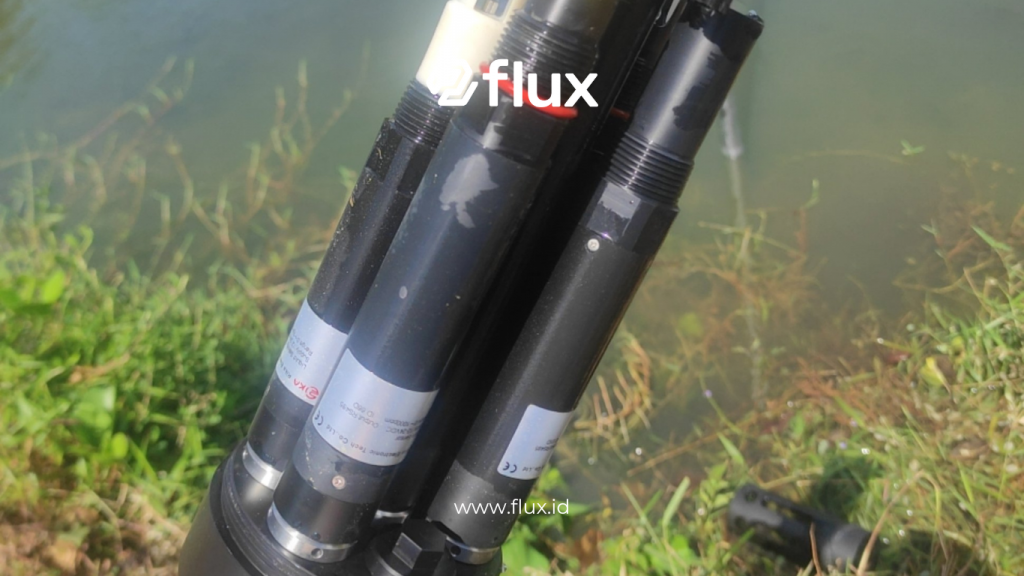
Read More: Decoding Water Quality Sensors: Health Threats in Floods
Aceh is renowned for its abundant water resources, including rivers and fisheries that are essential to the local economy. Nevertheless, the region faces multiple obstacles that threaten water sustainability. For instance:
- Rising pollution levels: Industrial waste, agricultural runoff, and domestic effluents increasingly contaminate water sources.
- Inefficient monitoring methods: Traditional approaches often fall short in addressing modern-day environmental complexities.
- Data unavailability: Without real-time information, it becomes nearly impossible for decision-makers to implement timely interventions.
To overcome these barriers, PT Nocola IoT Solution developed and deployed its state-of-the-art WQMS.
What is a Water Quality Monitoring System (WQMS)?
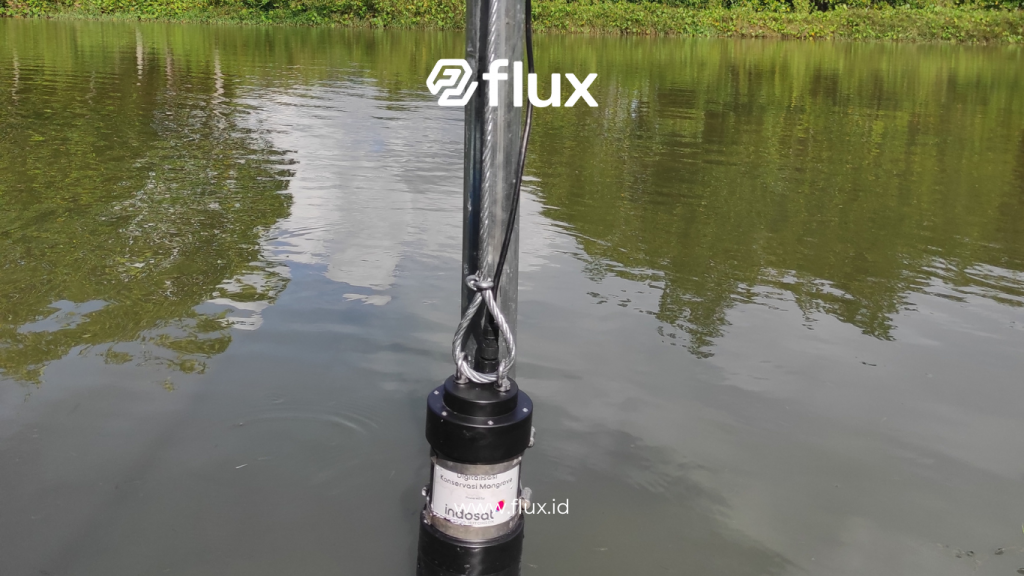
Read More: Flood Water Quality Monitoring: Critical Role in Protection
A Water Quality Monitoring System (WQMS) is an innovative IoT-driven technology designed to provide continuous and accurate water quality data. Unlike traditional methods, it utilizes advanced sensors and cloud-based platforms to deliver real-time insights. Specifically, WQMS measures parameters such as:
- pH Levels: Determines whether water is acidic, neutral, or alkaline.
- Dissolved Oxygen (DO): Indicates oxygen availability critical for aquatic organisms.
- Turbidity: Reflects the amount of suspended particles in water, often linked to pollution.
- Temperature: Affects aquatic life and chemical reactions.
- Conductivity: Helps detect pollutant levels and mineral concentrations.
These parameters are continuously analyzed and displayed on user-friendly dashboards, enabling prompt decision-making. Consequently, WQMS empowers stakeholders to monitor water quality remotely and efficiently.
Innovative Features of PT Nocola’s WQMS
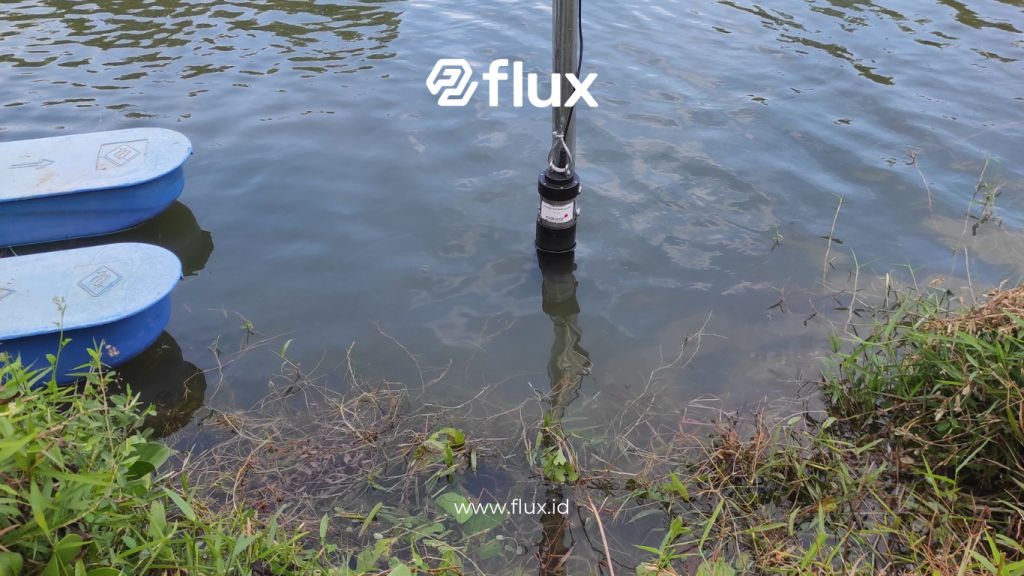
Read More: Oxygen (O2) Sensors for Air Quality Monitoring: How These Sensors Help Manage Urban Air Quality
To address Aceh’s specific needs, PT Nocola IoT Solution incorporated several advanced features into its WQMS:
1. Real-Time Data Collection
The system offers continuous monitoring, ensuring critical changes in water quality are instantly detected. As a result, users can take immediate action to prevent long-term damage.
2. IoT and Cloud Integration
By leveraging IoT sensors and cloud computing, WQMS automates data collection and processing. Moreover, the system provides real-time analytics accessible from any device, making water management more efficient than ever before.
3. Alert Mechanisms
One of the standout features is its automated alert system. Whenever water quality parameters exceed predefined limits, users receive instant notifications via mobile apps or SMS. Consequently, this minimizes response times.
4. Scalability and Flexibility
The modular design allows the system to be expanded easily, accommodating additional sensors or monitoring sites. This flexibility ensures long-term relevance and adaptability.
5. Renewable Energy Options
The system operates on low power and can integrate with solar panels, ensuring sustainable functionality even in remote areas.
Steps Taken in the Aceh Project
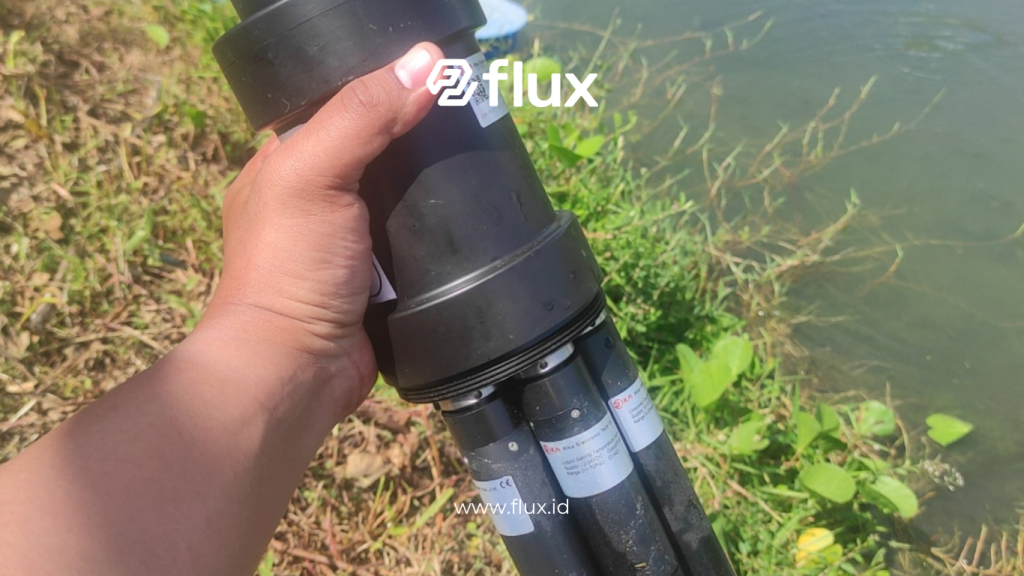
The implementation of WQMS in Aceh followed a structured and collaborative approach:
- Site Assessment: PT Nocola’s team identified key locations requiring monitoring, such as fisheries and polluted rivers.
- Sensor Deployment: Technicians installed sensors at strategic points to ensure data accuracy and comprehensive coverage.
- Data Integration and Testing: The sensors were connected to a centralized platform, tested extensively, and optimized for local conditions.
- Training Workshops: To guarantee proper usage and maintenance, local authorities and communities were trained on operating the system effectively.
Through these steps, PT Nocola ensured the project’s long-term success and relevance.
Impacts of WQMS Deployment
1. Improved Environmental Health
The WQMS enables real-time detection of pollution sources, empowering authorities to mitigate damage more effectively. Over time, this leads to healthier aquatic ecosystems and improved biodiversity.
2. Greater Operational Efficiency
By automating data collection and analysis, the system reduces the labor-intensive processes of traditional water quality monitoring. Consequently, resources can be redirected toward other priorities.
3. Enhanced Public Awareness
The availability of transparent data helps educate local communities on the importance of water quality. Moreover, it encourages sustainable practices at individual and collective levels.
4. Alignment with Global Goals
The project supports the United Nations’ Sustainable Development Goals (SDGs) by promoting clean water and sanitation through innovative technology.
Real-World Benefits for Aceh
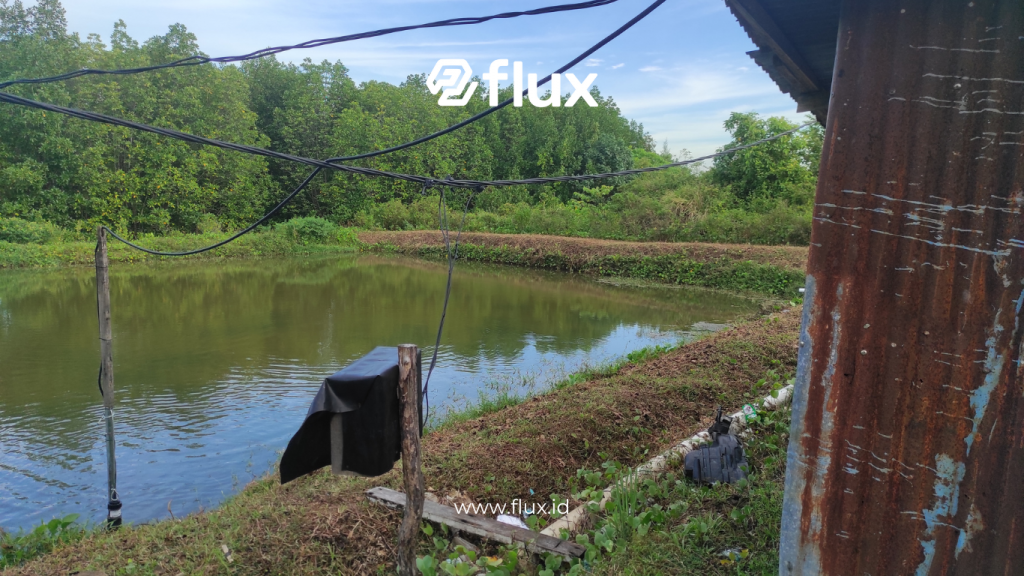
Read More: Water Pressure Sensor: Boosting Tsunami Warning Reliability
The WQMS has brought direct benefits to Aceh’s residents and ecosystems, including:
- Fisheries: Improved water quality management results in healthier aquatic environments, reducing fish mortality and increasing yields.
- Public Health: Better water quality minimizes the risks of waterborne diseases, ensuring safer living conditions.
- Economic Stability: Efficient water management supports agriculture, fisheries, and tourism, contributing to long-term economic growth.
PT Nocola IoT Solution: A Vision for Sustainability
PT Nocola IoT Solution remains committed to solving environmental challenges through technological innovation. The Aceh project exemplifies the company’s dedication to integrating IoT solutions that not only address present issues but also lay the groundwork for a more sustainable future.
Conclusion
The successful implementation of the WQMS in Aceh by PT Nocola IoT Solution represents a groundbreaking advancement in water quality management. By combining real-time monitoring, IoT integration, and scalability, the system offers a comprehensive solution for tackling complex water challenges.
As regions around the world face increasing environmental pressures, projects like this demonstrate how IoT technology can transform resource management while promoting sustainability. Ultimately, the WQMS is more than a technological achievement—it is a testament to the power of innovation in building a healthier, more sustainable planet.


